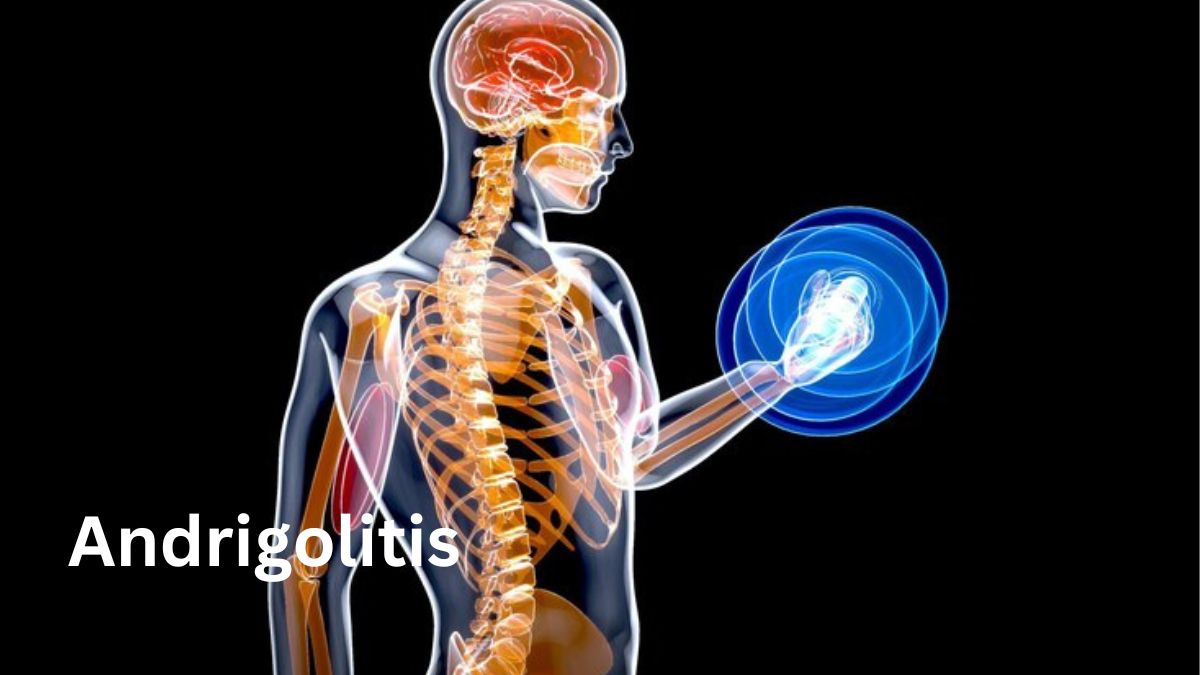‘Andrigolitis, a term recently emerging in medical literature, is capturing the attention of healthcare professionals and the general public alike. As our understanding of this condition grows, it is crucial to disseminate accurate and comprehensive information. In this detailed exploration, we delve into what Andri’golitis is, its symptoms, causes, treatment options, and preventive measures, equipping you with the knowledge needed to navigate this new health landscape.
Understanding Andri’golitis
What is Andrigolitis?
Andri’golitis is a newly identified medical condition characterized by inflammation in specific tissues, though the precise etiology is still under investigation. This condition has been noted for its variable presentation, affecting different organs and systems in the body, which complicates diagnosis and treatment.
Symptoms
The symptoms of Andri’golitis can vary widely among individuals, making it a challenging condition to pinpoint. Common symptoms include persistent fatigue, localized pain, swelling in affected areas, and occasionally fever. Some patients report gastrointestinal disturbances and respiratory issues, suggesting a systemic impact.
Causes and Risk Factors
While the exact cause of Andri’golitis remains unknown, several risk factors have been identified. Genetic predisposition, environmental exposures, and lifestyle factors such as diet and stress levels are believed to play significant roles. Ongoing research aims to uncover more about these contributing elements.
Read Also : Who Is Jeff Feagles and How Did He Redefine the Role of an NFL Punter?
Diagnosis of Andrigolitis
Diagnosing Andri’golitis involves a comprehensive approach, including patient history, physical examinations, and a range of diagnostic tests.
Treatment Options
Treatment for Andri’golitis typically focuses on managing symptoms and reducing inflammation. Anti-inflammatory medications, physical therapy, and lifestyle modifications are commonly recommended. In some cases, more aggressive treatments such as immunosuppressive drugs may be necessary.
Preventive Measures
Preventing Andri’golitis involves a proactive approach to health. Maintaining a balanced diet, regular exercise, stress management, and avoiding known environmental triggers can reduce the risk. Regular medical check-ups are also crucial for early detection and intervention.
Living with Andrigolitis
Impact on Daily Life
Living with Andri’golitis can be challenging due to the unpredictable nature of symptoms. Patients often need to adapt their daily routines to manage fatigue and pain, making flexibility and support systems essential components of their lives.
Support and Resources
Access to support groups and resources can significantly improve the quality of life for those with Andri’golitis. Connecting with others who understand the condition provides emotional support and practical advice for managing symptoms.
Research and Future Directions
Current Research on Andri’golitis
Research into Andri’golitis is ongoing, with scientists exploring its genetic, immunological, and environmental aspects. Clinical trials are underway to test new treatments and improve existing therapeutic approaches.
Future Perspectives
The future of Andri’golitis research holds promise for better diagnostic tools, more effective treatments, and possibly preventive strategies. As understanding grows, the medical community hopes to offer more targeted and personalized care for patients.
Conclusion
Andri’golitis represents a frontier in medical science, with much still to learn about its causes, symptoms, and treatments. By staying informed and proactive, those affected by Andri’golitis can better manage their condition and maintain a good quality of life. Continued research and awareness are essential as we strive to understand and combat this emerging health issue.
Read More : ZeroDevice.net: Transforming Tech Experiences with Innovation and Precision
Frequently Asked Questions
What is Andri’golitis?
Andri’golitis is a newly identified condition characterized by inflammation in various tissues, with symptoms ranging from fatigue and pain to gastrointestinal and respiratory issues.
How is Andri’golitis diagnosed?
Diagnosis involves patient history, physical examinations, and diagnostic tests like blood tests, imaging studies, and biopsies to confirm inflammation and rule out other conditions.
What are the treatment options for Andri’golitis?
Treatment focuses on managing symptoms and inflammation through medications, physical therapy, lifestyle changes, and in some cases, immunosuppressive drugs.
Can Andri’golitis be prevented?
While there is no sure way to prevent Andri’golitis, maintaining a healthy lifestyle, managing stress, and avoiding environmental triggers can reduce the risk.
How does Andri’golitis affect daily life?
Andri’golitis can significantly impact daily life, requiring adjustments to manage fatigue and pain, and necessitating strong support systems.
What is the future of Andrigolitis research?
Research is focused on better understanding the condition, developing new treatments, and improving diagnostic tools, with the hopes of offering more personalized care in the future.





